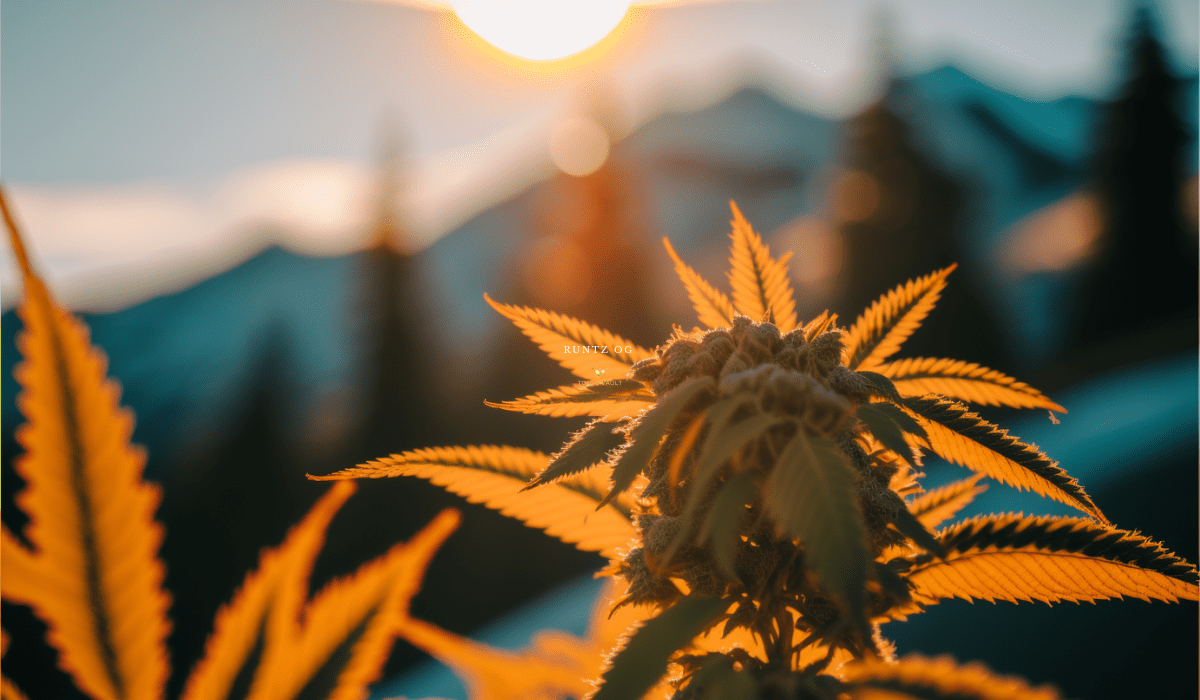
CBD Hash vs. CBD Resin: Understanding the Differences
CBD Hash vs. CBD Resin: Understanding the Differences
As CBD products continue to grow in popularity, many users are exploring various forms of consumption to experience the full range of benefits that cannabidiol offers. Among the more traditional and potent forms are CBD hash and CBD resin. Although both are concentrated forms of CBD, they are distinct in their production methods, composition, and effects. In this blog post, we’ll explore the key differences between CBD hash and CBD resin, helping you make an informed choice for your wellness routine.
What is CBD Hash?
CBD hash is a concentrated form of CBD made by compressing the trichomes, which are the tiny, resinous glands found on the cannabis plant's flowers. These trichomes are rich in cannabinoids, terpenes, and flavonoids, making hash a potent product with a high concentration of CBD.
Production Process:
- The production of CBD hash involves separating the trichomes from the cannabis plant, typically by sieving or using ice water extraction methods. The collected trichomes are then pressed into a dense block or ball, resulting in the sticky, crumbly substance known as hash.
- This process preserves the natural cannabinoids and terpenes, ensuring that users benefit from the "entourage effect," where the different compounds work together to enhance the therapeutic effects of CBD.
Benefits of CBD Hash:
- Potency: Due to its concentrated nature, CBD hash offers a high potency, providing users with a powerful dose of CBD in a small amount.
- Full-Spectrum Effects: Since CBD hash retains a broad spectrum of cannabinoids and terpenes, it delivers a comprehensive experience that can enhance relaxation, relieve pain, and reduce anxiety.
- Traditional Consumption: CBD hash is often consumed by smoking or vaporizing, which provides quick relief as the cannabinoids are absorbed rapidly into the bloodstream.
What is CBD Resin?
CBD resin, often referred to as live resin, is another concentrated form of CBD that is derived from the fresh or flash-frozen cannabis plant. Unlike hash, which is made from dried plant material, resin is extracted from the plant while it is still fresh, preserving a higher concentration of terpenes and other volatile compounds.
Production Process:
- The extraction of CBD resin typically involves using solvents like butane or CO2 to extract the cannabinoids and terpenes from the fresh plant material. This process results in a sticky, viscous substance that is rich in flavor and aroma, thanks to the preservation of the plant's natural terpenes.
- Live resin is prized for its high terpene content, which not only enhances the flavor but also contributes to the overall therapeutic effects.
Benefits of CBD Resin:
- Terpene-Rich Profile: CBD resin offers a rich and complex flavor profile due to the high terpene content, making it a favorite among connoisseurs who appreciate the full aromatic experience of cannabis.
- Enhanced Potency: Like CBD hash, resin is a highly potent form of CBD, providing users with a concentrated dose that can be effective for a variety of conditions, including pain, stress, and inflammation.
- Versatile Use: CBD resin can be consumed in several ways, including vaporizing, dabbing, or even adding to edibles, offering versatility in how you integrate it into your wellness routine.
CBD Hash vs. CBD Resin: Key Differences
-
Source Material: The most significant difference between CBD hash and CBD resin lies in the source material. Hash is made from dried cannabis flowers, while resin is derived from fresh or flash-frozen plant material. This difference in source material impacts the potency, flavor, and overall effects of the product.
-
Terpene Content: CBD resin generally contains a higher concentration of terpenes compared to hash. Terpenes are responsible for the plant’s aroma and contribute to the entourage effect, making resin a better choice for those who value flavor and a more nuanced cannabinoid experience.
-
Production Complexity: The process of making CBD resin is more complex and often involves advanced extraction techniques like CO2 or butane extraction. Hash, on the other hand, can be produced using more traditional methods, making it a simpler, more accessible option.
-
Usage Experience: While both products can be smoked or vaporized, CBD resin tends to be stickier and more viscous, which may require specific tools like a dab rig. Hash is more versatile and can be crumbled into joints, pipes, or used in vaporizers.
Which Should You Choose?
The choice between CBD hash and CBD resin ultimately depends on your preferences and what you’re looking to achieve with your CBD use. If you’re seeking a potent, full-spectrum experience with a traditional consumption method, CBD hash is an excellent choice. It’s easier to handle, widely available, and delivers strong effects.
On the other hand, if you’re a flavor enthusiast who values the aromatic complexity of cannabis and wants to experience the full benefits of the plant’s terpenes, CBD resin might be more suited to your needs. Although it requires a bit more effort to consume, the enhanced flavor and potency can be well worth it.
Conclusion
Both CBD hash and CBD resin offer powerful ways to experience the benefits of CBD, each with its unique attributes. Whether you choose the traditional, potent effects of CBD hash or the terpene-rich profile of CBD resin, you’ll be incorporating a concentrated form of cannabidiol into your wellness routine that can offer significant therapeutic benefits. As always, it’s important to source your products from reputable suppliers to ensure you’re getting high-quality, lab-tested CBD.
Explore these different forms and discover which one aligns best with your wellness goals—your mind and body will thank you!


